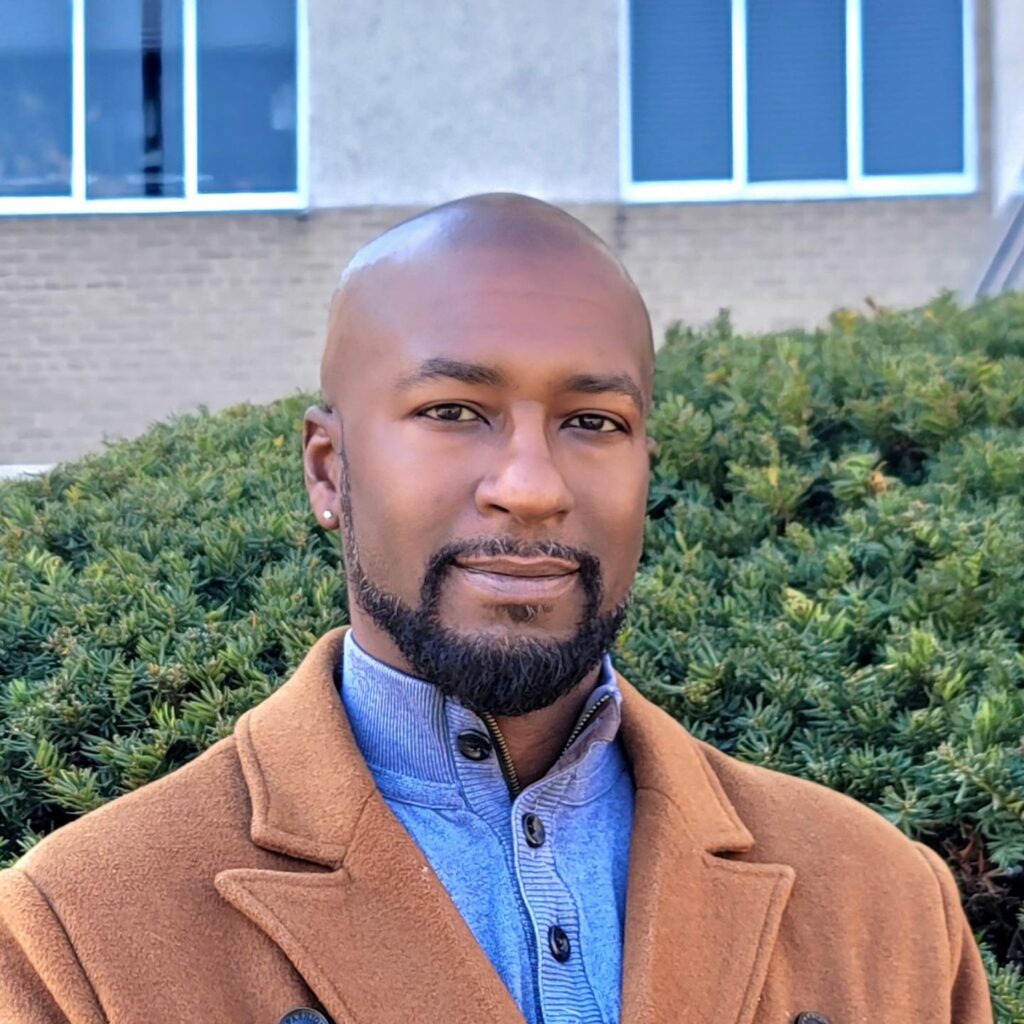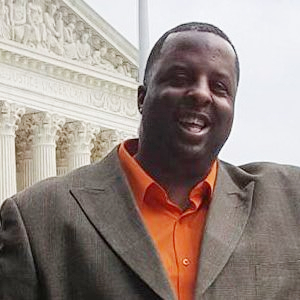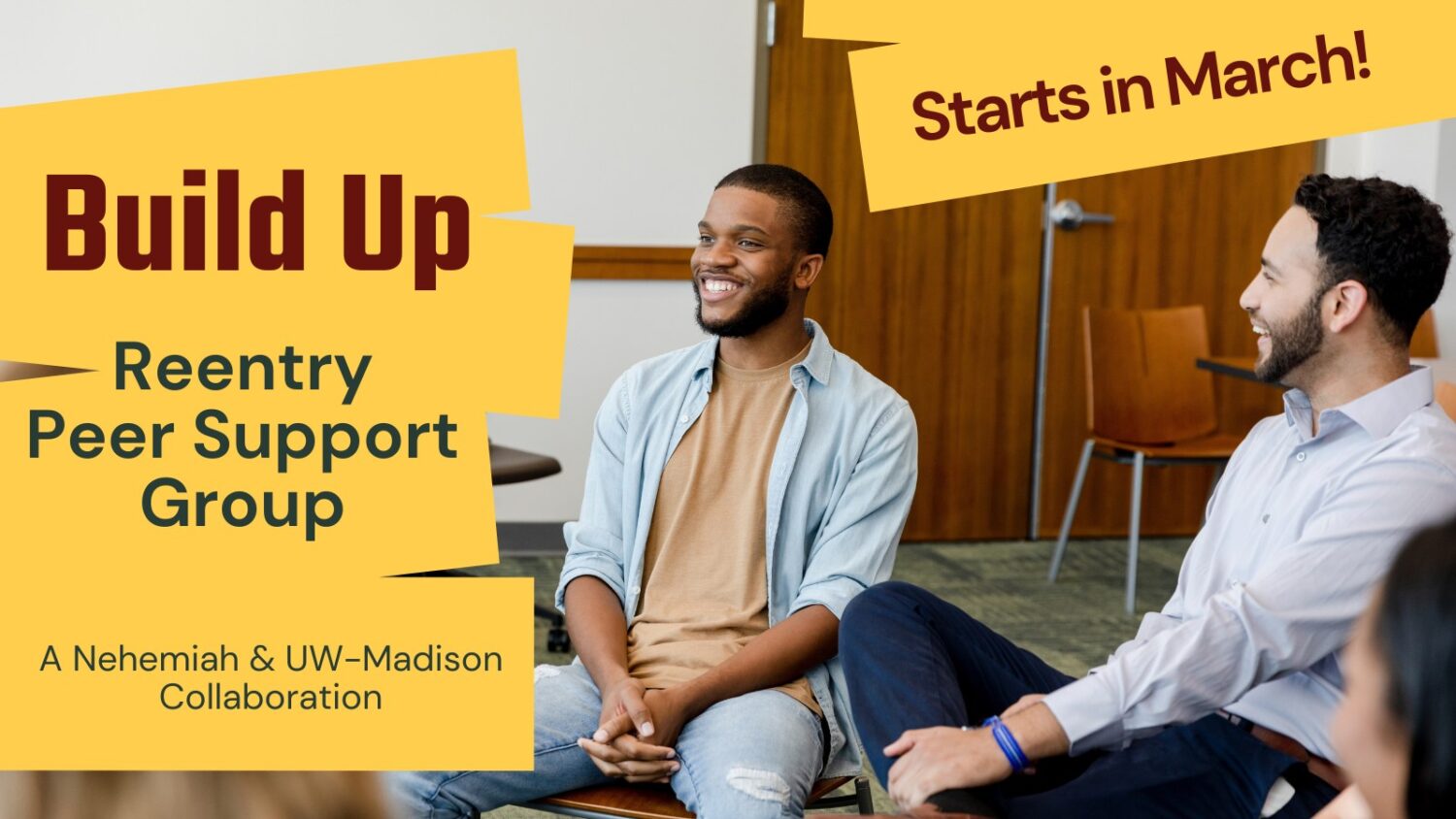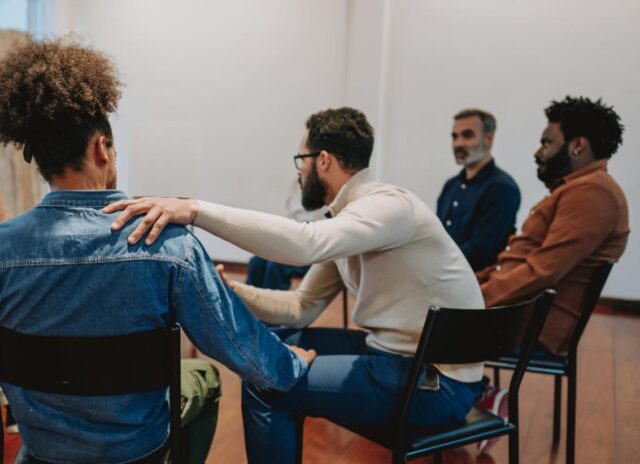A new pilot program called “Build Up,” a collaboration between Nehemiah and UW-Madison, aims to support people transitioning back into society after incarceration.
“Build Up” will be an opportunity to engage with peers who are formerly incarcerated to discuss the challenges of community re-entry and ways to shift individual mindsets, while providing tools and resources to make educated, well-informed decisions.
The group will be co-led by Nehemiah re-entry coordinators Aaron Hicks and Frank Davis, who both have lived experience of incarceration. Starting in March, there will be 13 peer-support group “Build Up” sessions at the UW South Madison Partnership on Madison’s South Side. Each session will last about 90 minutes.
“Basically what we want to do is have something that we knew that worked,” Davis tells Madison365. “For those of us who have been impacted, those of us who came home [after prison], there was really nothing out here for a lot of us when we came home for help, so we sort of strugged through it but we were able to get to the point where we learned what we need to actually get our life on track and even stay on track.

“This program will provide much-needed support and resources,” he adds. “This is a pilot. It is the first of what we expect to be something long-term.”
Nehemiah Center for Urban Leadership Development on Madison’s South Side provides a wide array of culturally competent and relevant programs to meet the needs of men who are leaving jail or prison. Services like Nehemiah’s “Man Up” group help to increase the likelihood that participants will transition successfully and become contributing members of the greater community.
Davis, an activist and community leader in Madison, has helped to facilitate the “Man Up” group for years.
“We already have Man-Up; that’s a group that meets on Tuesday and has been around for about 10 years,” Davis says. “With ‘Build Up,’ we wound up creating a peer support group that gives individuals the skills and the tools they need to repair a lot of the generational and situational trauma that we’ve gone through in our lives – our childhood trauma with family in our community and then furthermore, once we go to prison, we deal with that trauma. Then when an individual comes home, they just tell you to go forward and live.”

“Build Up” is a seven-module program that Davis says “will significantly reduce recidivism and reduce the trauma that often keeps people from reacclimating into society.” During sessions, individuals will have the opportunity to gain essential tools, knowledge, and a mindset that will help them to successfully navigate challenges, make well-informed decisions, and actively pursue a successful and gratifying life.
“The seven modules focus around what we felt would best benefit individuals when they’re coming home,” Davis says. “So our first thought was that individuals need to learn and understand about the whole history of the carceral system. That will be the first one.
“We believe that if an individual goes through the program and completes these particular modules and sessions, that it will significantly reduce recidivism,” Davis adds. “It will also reduce a lot of the trauma that individuals are walking in with that don’t necessarily allow them to acclimate in society.”

Individuals who come home from prison, Davis says, often feel like they don’t have an identity.
“They think that they’re convicts. They’re a prisoner. They’re a murderer. They’re all these labels about what one has done, and individuals carry the labels,” Davis says. “They don’t want to carry the labels of father. I’m a hard worker. I’m all this. I’m good. I’m smart. I’m intelligent. So, basically, what we do is we bring in speakers, we will have workgroups and they will have assignments to do. It’s all about actually challenging what one’s identity is and where it came from.
“A lot of us deal with identities and trauma that come from our childhood. And what happens is that how those roles play out in our childhood, they have a lot of effect in how we actually live and interact with people,” Davis continues. “And so what happens is we come out here and we don’t know how to change that because everybody has told us who we are. So one of the big things we feel is essential in this is the focusing in on one’s own identity, values belief system, and then the mental health and the mental wellness of those particular issues.”
Nehemiah’s reentry staff includes formerly incarcerated African American men who have effectively navigated the challenges of reentry. Davis says that they will have men come in to speak at “Build Up” who are actually “doing it and living it.”
“I’ve seen people get out of prison and they really want to do things differently but they don’t know what to do,” Davis says. “So it’s about putting something in place of what you used to do. Because a lot of times I’m hanging around with these so-called friends not because I like them, but because of some other trauma that’s inside that I’ve come to believe and that I don’t know how to do anything else. I’m not comfortable doing anything else.
“So until you actually learn different beliefs, challenge those, challenge your identity and how it was created, and who actually created it for you. Until you get to that, individuals wind up going sometimes in that same loop,” Davis says. “You can give me a house. You can give me a million dollars, you can give me a job, but if I’m still dealing with this trauma, then somehow some way if I don’t deal with that, it’s gonna come back and show up, possibly in a negative way. We want to change that whole narrative and start giving individuals certain tools that they need.”
“Build Up” is a paid opportunity for eligible participants. It officially starts on March 18 and is for those who are ages 18 and up and formerly incarcerated in a men’s facility.
“People will get paid $25 an hour and if they complete the whole thing they get $550 total for participation,” Davis says. “So it’s 90 minutes, twice a week for the first two weeks, and then once a week after that. We’re looking to have two cohorts. So two groups going through and if we’re able to, we’d like to have a third.”




























